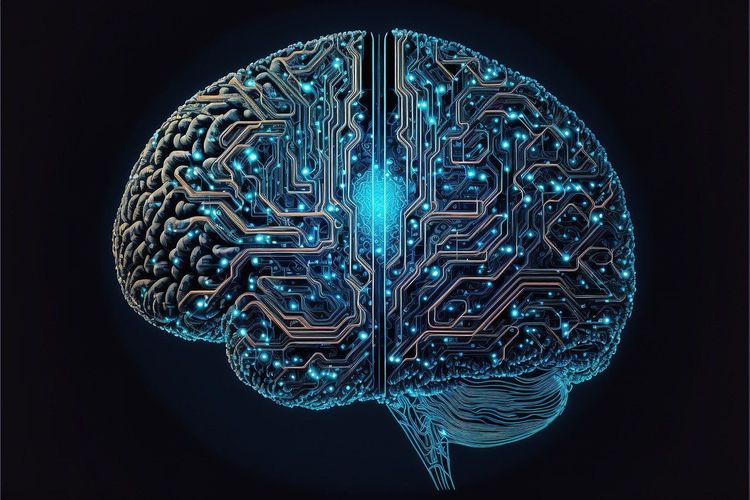Meta's Chief AI Scientist, Yann LeCun, has expressed strong criticism of prominent AI leaders advocating for regulation out of fear that AI could pose an existential threat to humanity, especially as the U.K. gears up for its inaugural global AI summit this week. In a post on X (formerly Twitter), LeCun bluntly dismissed these apocalyptic scenarios as unfounded. “The doomsday fears you propagate are preposterous,” he stated. “Powerful AI systems guided by well-defined objectives—paired with appropriate guardrails—are safe and controllable because we establish those parameters.”
LeCun highlighted that the current Auto-Regressive Language Models (LLMs) lack these guiding objectives, cautioning against extrapolating their current limitations to future AI systems. He further accused the leaders of three major AI firms—OpenAI CEO Sam Altman, Google DeepMind CEO Demis Hassabis, and Anthropic CEO Dario Amodei—of collusion to maintain closed AI models, asserting, “Altman, Hassabis, and Amodei are at the forefront of intensive corporate lobbying aimed at capturing regulatory frameworks within the AI industry.”
Turning his attention to fellow Turing Award winners, he challenged MIT professor Max Tegmark alongside Geoff Hinton and Yoshua Bengio, asserting they unintentionally provide ammunition to those pushing for restrictions on open AI research and development. LeCun advocates for open AI research as a pivotal means to democratize technological access, emphasizing that Meta's approach centers on open-source initiatives, exemplified by its flagship large language model, Llama 2.
Despite the U.S. government's concerns that open-source AI could empower malicious actors, LeCun maintains that limiting access to AI models is counterproductive. “If your fear-driven campaigns succeed, they will inevitably lead to a catastrophe: a concentrated control of AI by a select few companies. The majority of our academic peers overwhelmingly support open AI research. Very few endorse the doomsday scenarios you've presented.”
LeCun argues that open AI platforms should be the norm to encourage diverse contributions and democratic engagement within the field. “In a future where AI systems embody the collective human knowledge and culture, it’s essential that platforms remain open source and accessible. This openness is crucial for these platforms to accurately reflect the entirety of human experiences and insights,” he explained. “Contributions must be crowd-sourced, akin to Wikipedia, which is infeasible without open platforms.”
He cautioned that stringent regulations could stifle open-source AI, leading to monopolistic control over AI platforms by a handful of West Coast U.S. and Chinese companies. “What implications would this have for democracy and cultural diversity? This is what truly concerns me.”
LeCun's critical comments come amid reports that the upcoming U.K. summit will focus primarily on the risks posed by AI. Responding to these concerns, he quipped on Twitter about the U.K. Prime Minister catching a case of “Existential Fatalistic Risk from AI Delusion Disease (EFRAID),” playfully hoping it wouldn’t spread to other world leaders. Although invited to the summit, his remarks stirred debate with Tegmark, igniting further discussion on the topic.
This discourse intensified after Hinton, often dubbed the "godfather of AI," warned on October 27 that companies plan to develop models utilizing exponentially more computational power in the near future, raising concerns over the lack of regulations governing their capabilities. LeCun replied to Hinton's claim, emphasizing that if future AI systems follow existing architectures, they may achieve high levels of knowledge but still lack reasoning, inventiveness, and comprehension of the physical world.
“Future systems must adopt innovative architectures that empower them to reason, plan, and operate within defined objectives and guardrails,” he asserted. “These purpose-driven frameworks will ensure safety and control, as we dictate their aims, preventing any overarching intent to dominate.” He firmly disagreed with the notion that advanced AI systems will invariably seek to overpower humanity, arguing that such beliefs are fundamentally flawed.







